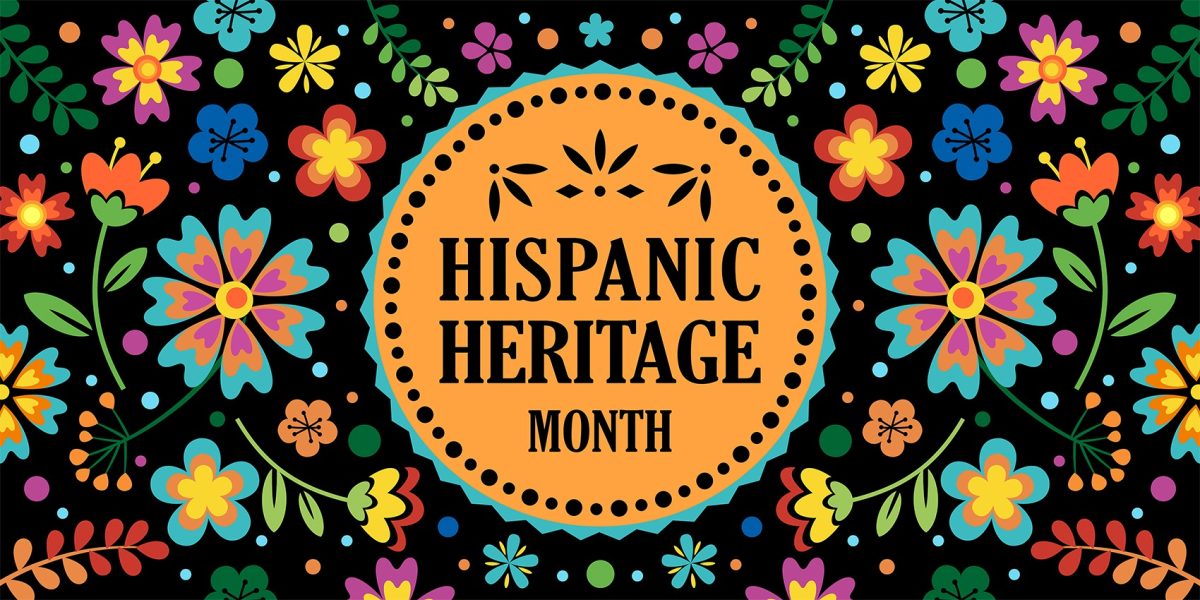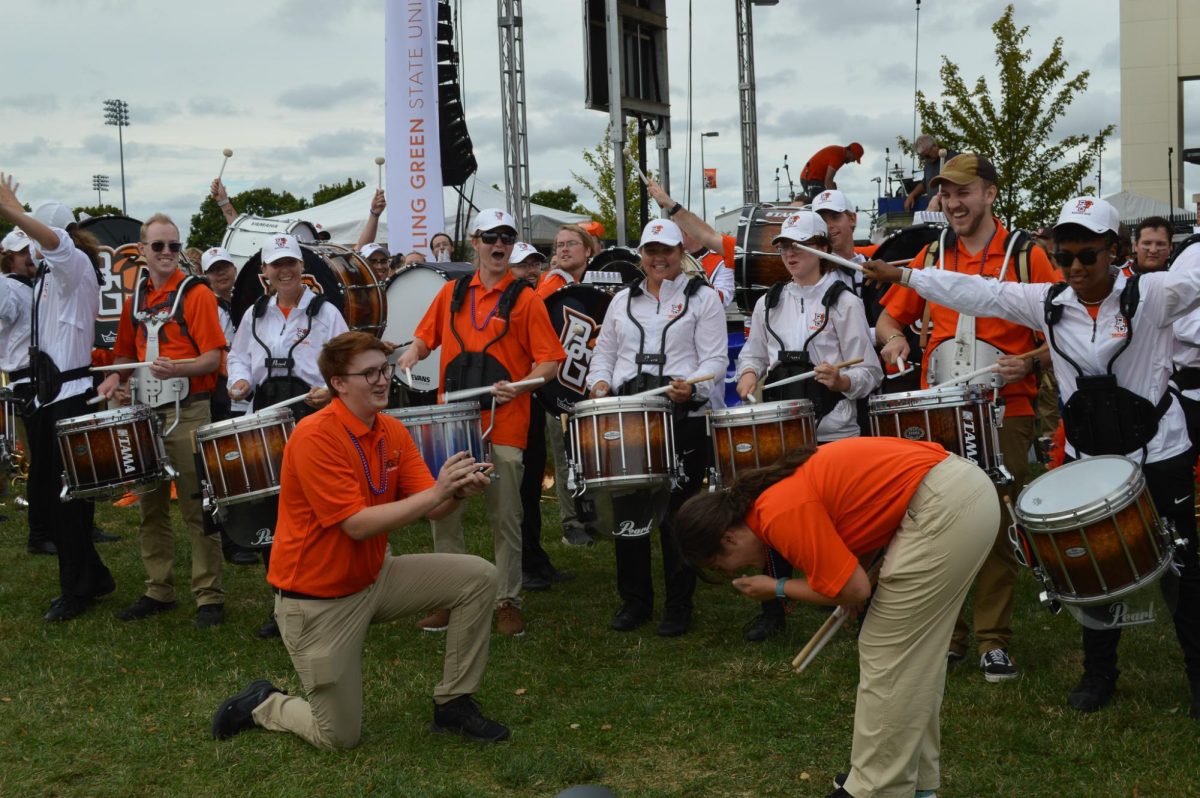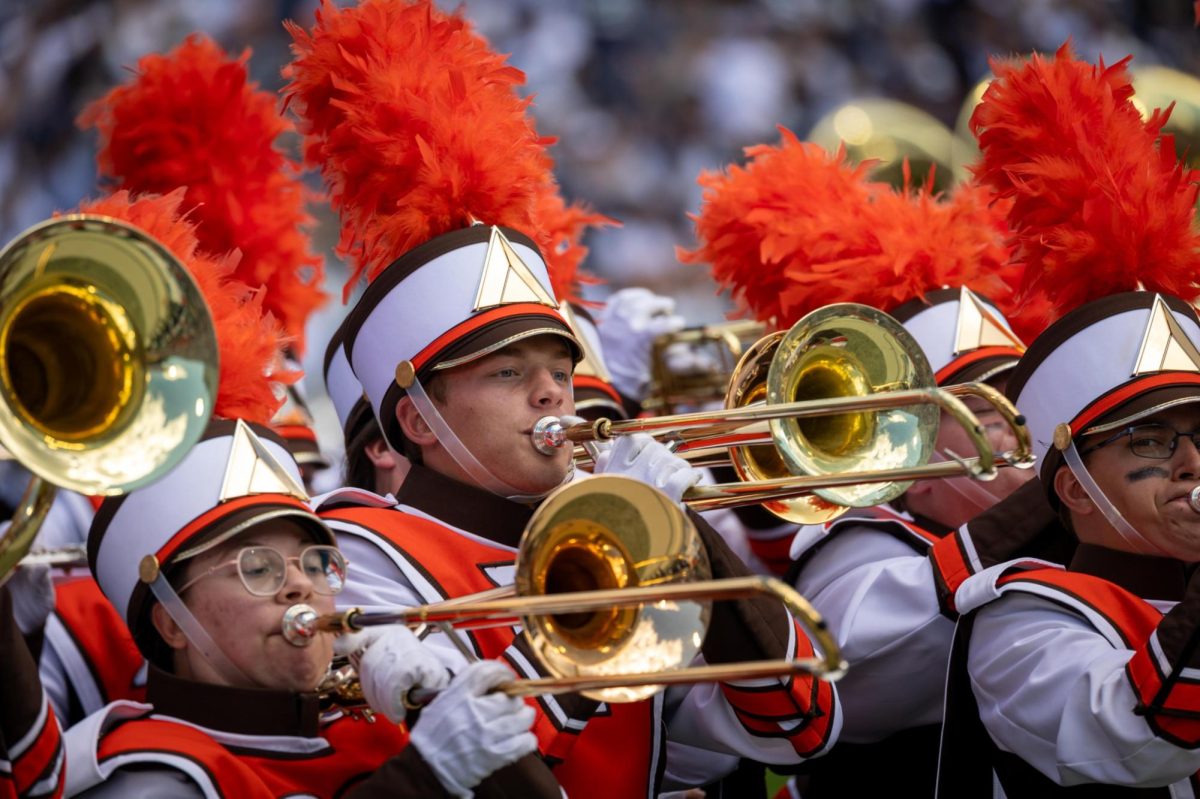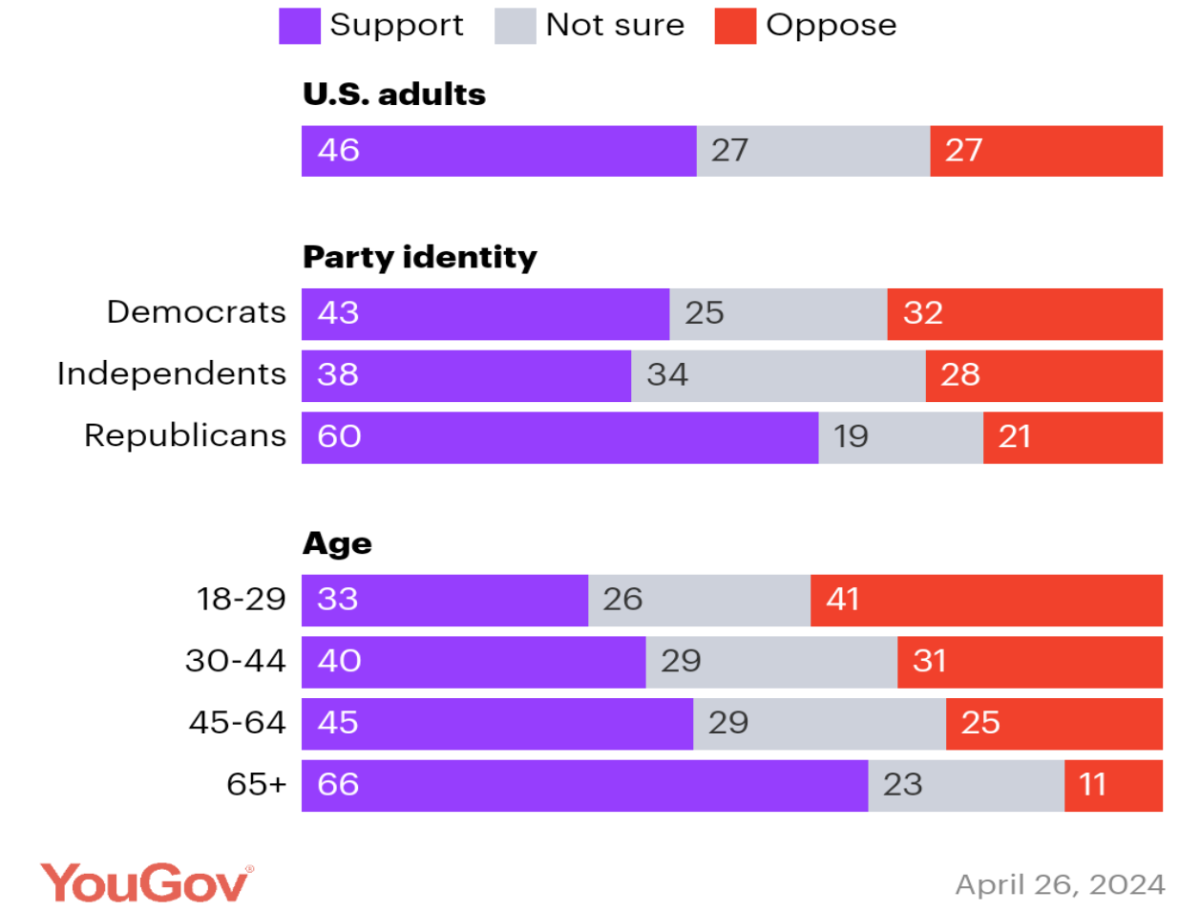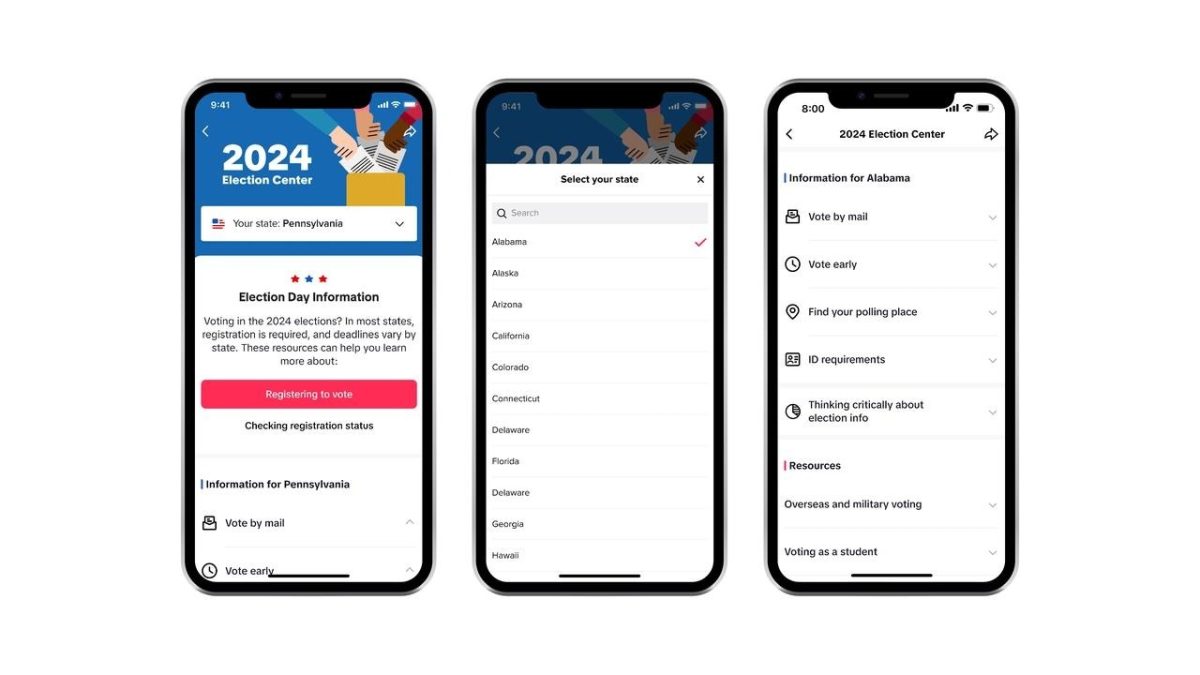The year is 2017 and women are still earning notably less than men, despite occupying almost half of the workforce and earning more college and graduate degrees than their male counterparts.
According to a report conducted by the Institute for Women’s Policy Research (IWPR), women who worked full-time in 2015 made 80 cents for every dollar earned by men, signifying a gender wage gap of 20 percent.
This problem exists despite the passage of the Equal Pay Act in 1963, which made it illegal for employers to pay workers different amounts for the same job based on sex.
“The wage gap is due to structural sexism and racism,” said Jessica Birch, professor of ethnic studies and women’s, gender, and sexuality studies at the University. “When we talk about the wage gap, it’s important to remember that race and gender are both contributing factors.”
Birch said that according to a 2016 report from the Congress Joint Economic Committee, for every dollar a white man makes, white women make 75 cents, black women make only 60 cents, and Latina women make only 55 cents.
“Many efforts to change the wage gap focus only on gender without considering additional contributing factors, which compounds the problem,” Birch said.
Also contributing to the gender wage gap is the fact that many women work in different and lesser-paying occupations and sectors than men, according to the Pathway for Equity Initiative website, a project created by the IWPR to improve women’s access to middle-skill jobs and to increase their economic security.
According to the Initiative website, there are far less women than men in expanding middle-skill jobs paying $35,000 a year that generally do not require a bachelor’s degree. Employers will need to fill more than 2 million of these jobs by 2024, which currently only have 11 percent female workers.
“When we talk about the wage gap, it’s important to remember that race and gender are both contributing factors,”
Jessica Birch
University Professor
Some of the key growth sectors include advanced manufacturing, information technology, and transportation, distribution and logistics.
Many women are qualified for these positions and would benefit from the higher wages, which would in turn help decrease the wage gap, according to the Initiative website.
If progress for women continues to be made at the same rate it has been, women will experience pay equality in 2059, or 44 years from now, according to research carried out by the IWPR.
Brittany Horner, a first-year AYA Education World Language student, spoke about wanting to initiate change regarding the gender wage gap. “It’s time to use our frustration and use it to fuel our dedication to making the world a place where all women are treated equally to men,” she said.
Lesser pay isn’t the only form of inequality women are faced with in the workplace. According to Birch, women are often less likely to be hired for high-ranking positions based on the assumption that they’ll have to take to time off to have children.
Birch also said that certain wording used in performance reviews enforces stereotypes about masculinity and femininity, which can reduce the likelihood of a woman to receive a promotion. “Our society is based on gender and racial inequality, which means that the ‘perfect employee’ is one who has the same attributes that a white, straight, married man would,” she said.
To combat the gender wage gap and other forms of discrimination that women face, Birch said that people should fight back in every way possible and on every available platform.
“People will always be there to say that we’re pushing too hard, asking for too much; being too loud. [They] say that if we just chose different tactics, they would be more willing to listen,” she said. “Those are lies meant to ensure that we sit down and shut up. Don’t.”



